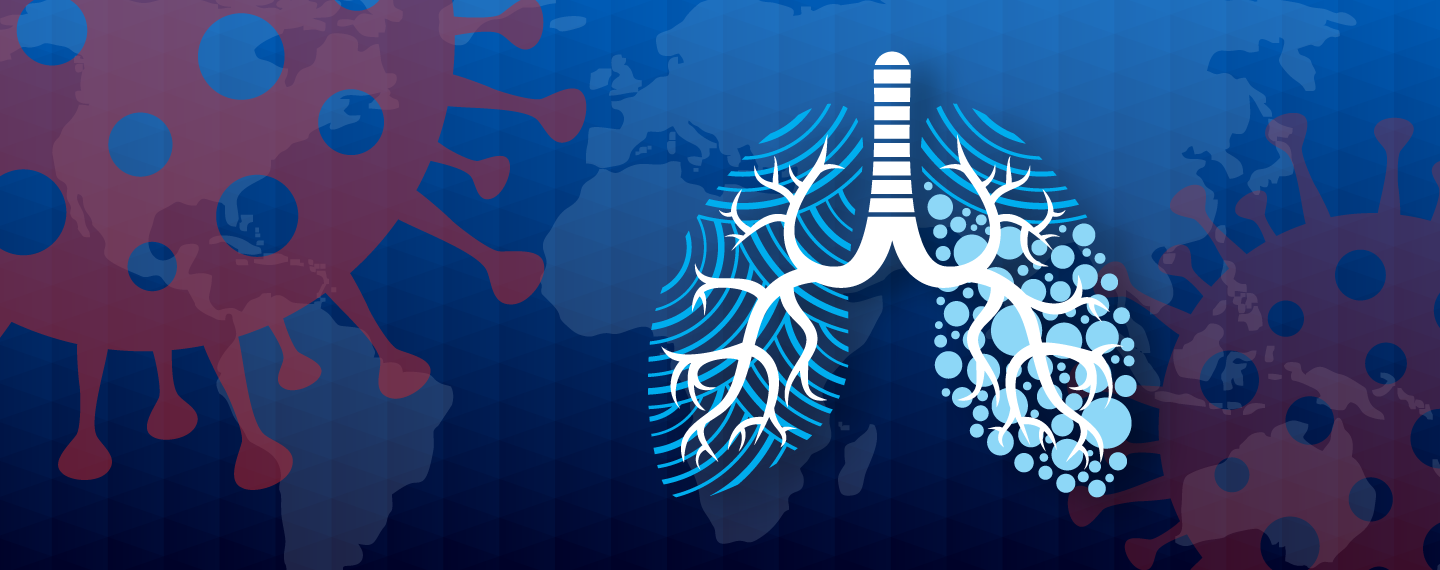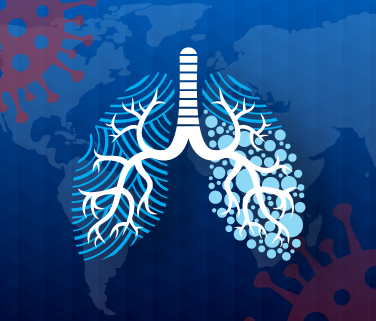The COVID-19 pandemic represents a once-in-a-century global public health challenge, and unfortunately, many aspects of care for cancer patients have been impacted. Diagnostic and screening services – which were already strained in many countries prior to the pandemic – have been particularly challenged, and for lung cancer patients, where early detection and intervention is critical, the impact has been profound.
The IQVIA Institute for Human Data Science, recently released an independent report funded by Amgen, to help better understand these challenges in the global reality of today’s “new normal,” to ensure that patient services are rebuilt stronger and more effectively – because, Lung Cancer Won’t Wait.
The report draws on a wide range of published literature and engagement with different stakeholders around the world, highlighting current challenges and future opportunities as new technologies emerge and health care systems start recovering from the impact of the pandemic.
Key takeaways include:
- Lung cancer patients are being diagnosed later in the course of their disease due to the pandemic
- Awareness of lung cancer symptoms is critical for early diagnosis, and the similarities between lung cancer and COVID-19 symptoms can complicate diagnosis
- The emotional impact of the pandemic on lung cancer patients has been profound
And looking to the future, the report also outlines positive actions being taken to address these challenges, including:
- The launch of new programs to build lung cancer awareness in society, such as the Irish Society’s campaign “Your Cough Could be Something Else,” the UK Lung Cancer Coalition’s “Not Every Cough is COVID,” and the Roy Castle Foundation’s Campaign “Still Here.”
- An increase in the availability and acceptance of telemedicine
- The use of primary care and community care settings to help triaging patients with symptoms
- Multi-stakeholder collaboration and acceleration in innovation with biomarker testing and development of new targeted treatments
A key conclusion from the report is that a concerted effort is needed to ensure that the multi-stakeholder approaches which have been adopted through the course of the pandemic will continue. The report emphasizes efforts with a focus on establishing biomarker testing to better be able to inform treatment decisions leveraging personalized care ensuring that testing modalities and treatment innovations are available to as many patients as possible.
To learn more about the report, check out IQVIA’s recent Lung Cancer Won’t Wait webinar on demand here.





